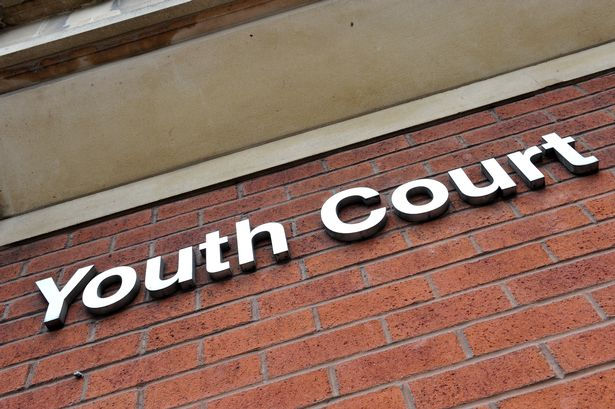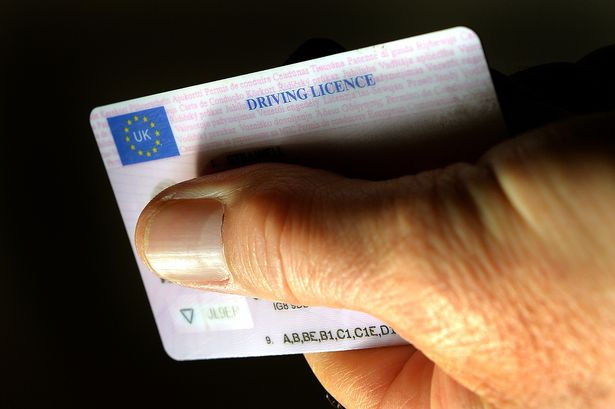The Age of Criminal Responsibility: Conflict or Common Sense?
- Sophie Enser

- Mar 29, 2021
- 5 min read

The UK and its legal system simply do not make sense. The system contains statutes, common law, and principles adopted by society as ‘the way it has always been’ or the ‘status quo'. However, UK laws often contradict each other substantially and significantly. An individual is able to get married at the age of 16 with parental permission, but not able to buy property until age 18. There is no legal age for purchasing condoms, but the age of sexual consent is set at 16. The biggest legal limitation is of course the criminal age of responsibility which is set at the age of 10. This article will consider, as the most controversial limit set, the age of criminal responsibility, addressing why an age limit may be determined in the way that it is. In addition, there will be a comparison with other conflicting age limits. This article will also consider the potential reform necessary to align with contemporary society.
The UK Compared to other Jurisdictions
At age 10, you are not able to legally drink, smoke, or vote, but you may be subjected to being put on trial as an adult for murder. One of the most questionable age limits the UK law enforces is that of criminal responsibility. Currently set at 10 years-old, and one of the youngest limits in Europe, the UK justifies the accountability of a child through the assumption that there is a clear understanding of right and wrong. However, this seems to contradict the general opinion outside of the British Isles. The UN Committee on the Rights of the Child has suggested that 12 years-old should be considered the minimum for children to become liable. Putting this into perspective, this would be a child in secondary school for the UK, rather than primary school. The reasoning behind this suggestion compares the age of sufficient maturity of other decisions to make, such as purchasing alcohol or a credit card which are set at 18. In addition, Scotland’s age of criminal responsibility was raised in 2019 after Royal Assent to 12 years-old, as opposed to eight in the Age of Criminal Responsibility (Scotland) Act 2019.
The Youth Court

Perhaps it appears that the law in the UK is not in favour of children who do commit crimes. However, the Crown Prosecution Service does have a structure in place to deal with young offenders in a court setting. The Youth Court, which is an extension of a magistrates’ court, deals with crimes committed by young people unless it is a more serious offence. The proceedings are created to be far less formal, and everything is kept away from the public eye, thus protecting the child’s welfare and safety. Whilst the age of responsibility may appear harsh at first, it may be indicative of addressing that a child should know right from wrong at that age. However, in the instance that this is not the case as further protection is put in place to support this.
The Jamie Bulger Case and its Influence
I would like to highlight in response to the argument against raising the age of criminal responsibility the 'pure evil' of the murder of Jamie Bulger. This crime was seen as unforgivable at the time, with the Children’s Commissioner issuing a personal apology for the mere suggestion that the age of criminal responsibility should be raised in light of this case. It does appear that criminal responsibility could be quite a subjective matter, especially for the individual child. The upbringing of the child must surely be taken into account, as well as the intellect and understanding to comprehend such action as murder. However, the law cannot be subjective. Without guidance on any age limit, there would be conflict and laws would be applied inconsistently across the jurisdiction. To that end, it may be appropriate to consider other controversial age limits, to determine whether the age of criminal responsibility really is out of place.
The Legal Driving Age Limit

The age limit to legally drive on the roads is currently set at 17 years-old; significantly older than that of criminal responsibility. However, there have been many suggestions to reform this, due to the amount of road traffic accidents that occur within the bracket of new drivers. The government has previously considered issuing 12-month probationary licences, with a minimum amount of practice hours to complete and a test after turning 18 years old. However, this suggestion was made in 2013. It could be inferred that perhaps this has not been pursued, nor implemented, because of public opinion. Stephen Glaister, director of the RAC Foundation stated that ‘…as a society we seem to turn a blind eye to the carnage.’ This supports the notion that 17 is too young to be responsible for other’s lives. However, Edmund King stated that restricting young drivers is the wrong approach, as preparing them more for the responsibility of driving would be a lot more productive. Perhaps though, similar to the issue of criminal responsibility, maturity is the concern, not the age of a person. It seems a subjective question again, which as previously stated, is not what the law is prepared to facilitate. The age of criminal responsibility is evidently inconsistent with the age of driving. The argument for 17-year-olds that are not mature or sensible enough to drive is incompatible with a 10-year-old being tried in an adult court for a murder charge who should, in the eyes of the law, have a complete understanding of the implications of their actions. Both ‘activities’ require that of an understanding of another’s safety – to murder someone like Jamie Bulgar or drive recklessly to the potential detriment of others’ safety around you. There may not be such a straightforward answer that most individuals crave to make sense of the law, but the government have implemented such age limits and restrictions to avoid utter disarray, which conceivably is the most important thing to note here.
To Conclude
It is perhaps appropriate to end on the note that, ‘The law does not make any sense’! Regardless of country or state (with a specific focus on the UK in this article), the law will have inconsistencies, but with good reason. Without setting certain age limits for purchases or activities, the law relies on circumstance, which does not always bring out the justest outcome. Reform will most likely happen at a stage when the legal system requires it, however, this is often delayed by the extended process before a law can receive Royal Assent. In addition, public policy must also be considered, as to not cause a backlash on an unpopular amendment. Society progresses at a rate far greater than the law, which is why the legal system may sometimes appear out of touch. There will be change, just not to the degree that is perhaps needed at this time.

Sophie is a second-year law student at the University of Lincoln; originating from Northumberland. Alongside her studies, she plays hockey for the university team and is a current Trainee Advisor for the Citizens Advice Bureau. Sophie is an aspiring barrister, currently preparing for a mini-pupillage in the summer and various shadowing opportunities.









Comments